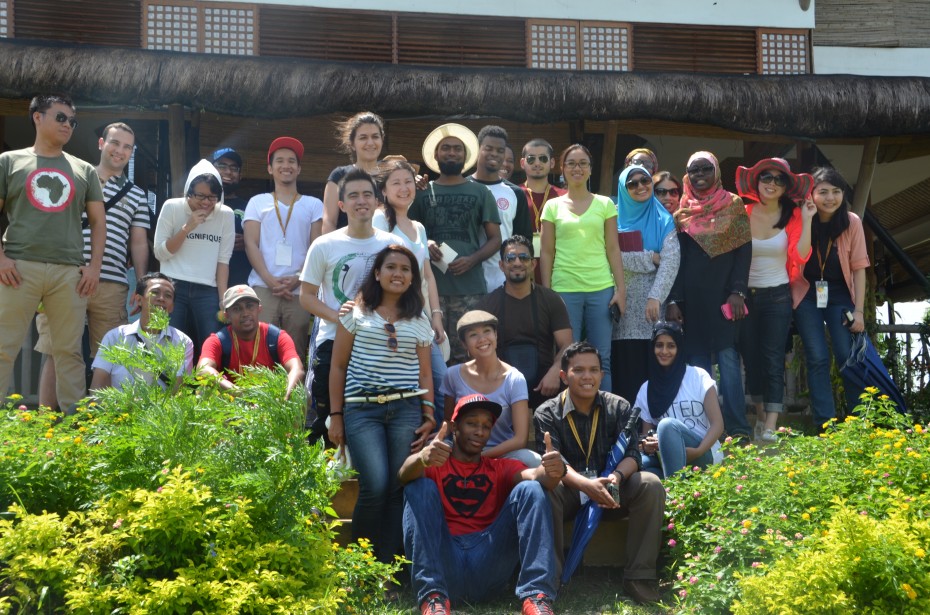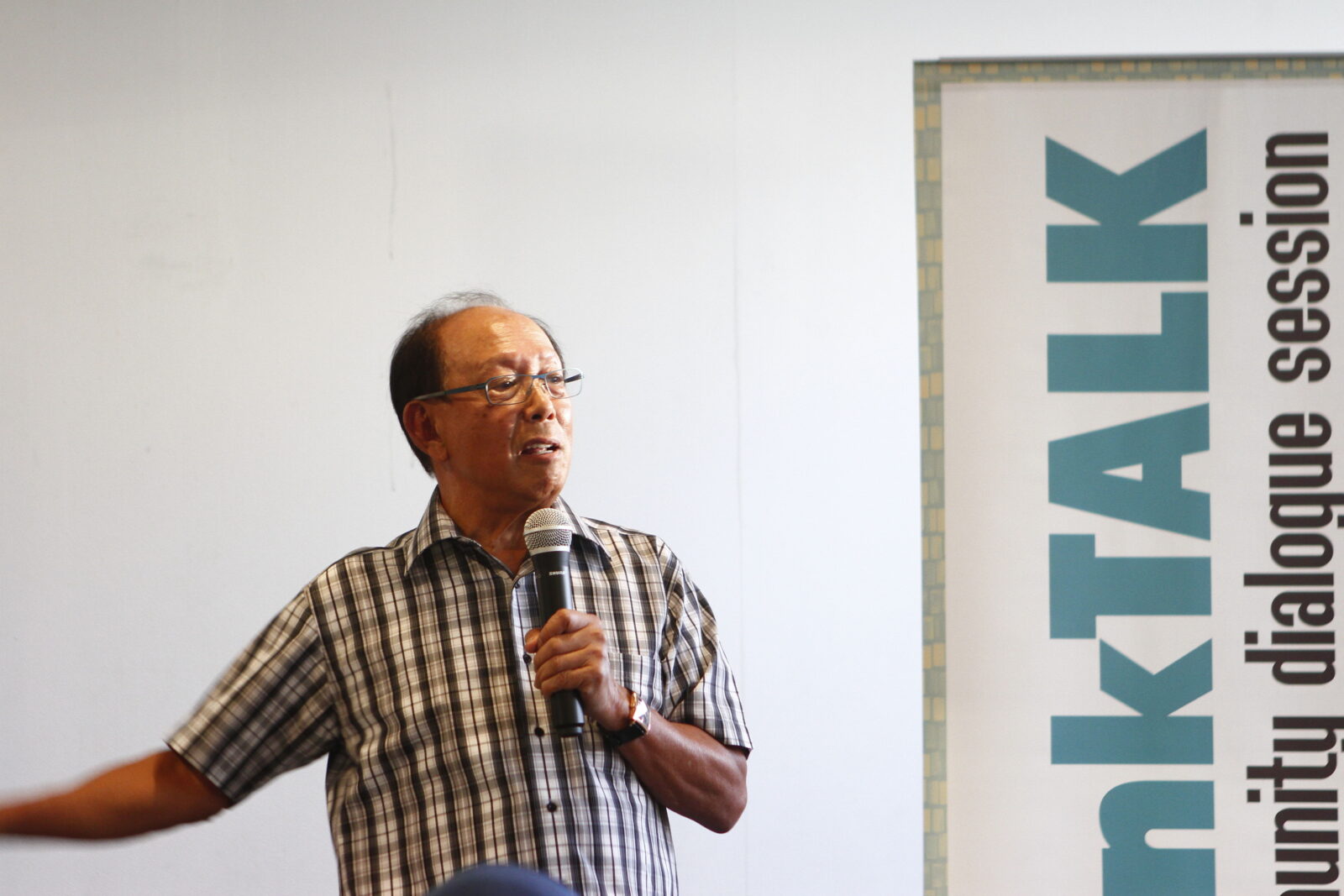ONE of the things that Tun Musa Hitam – the former deputy prime minister of Malaysia and the chairman of the World Islamic Economic Forum (WIEF) – is passionate about is the separation of politics and religion from economic development.
“WIEF might scare people, but the main rules we have are that we do not allow subjects related to religion, spirituality, politics and ideology to be discussed,” he asserted.
“We’ve been doing it for ten years now, and it has been a great success!” he added.
And in order to maintain that success for the next generation, WIEF created its Young Fellows programme, a global programme focusing on youth leadership.
Now in its third year, its strong emphasis on leadership and entrepreneurship, as well as environmental and social awareness, was made very apparent to this reporter joining the programme as a fellow. The modules ranged from leadership and understanding business, to humanity and hope.
“We want to provide an avenue where young people can truly experience the world, gain insightful knowledge and be inspired to be positive change leaders,” said Ebrahim Patel, the chairman of the WIEF Young Leaders Network.
“It is no longer acceptable to continuously say ‘the youth of today are the leaders of tomorrow’,” added Musa, further emphasising WIEF’s commitment to developing young talent. “More and more youth of today are already the leaders of today.”
Learning to lead
The Young Fellows programme, which ran from June 18-24 in Manila, Philippines, was attended by 23 fellows from 17 different countries, each with their own hopes and dreams to change the world.
The opportunity to learn, both from each other as well as from the programme itself, was huge! The programme’s tagline was “Learn. Empower. Earn. Return.”, and it involved two days of classroom training where delegates had a crash course on the basics of leadership and entrepreneurship.
Program director Richard Dacalos kicked off the programme by drilling home the concept of integrity as the basis of good leadership (we were all still talking about integrity on the last day of the programme! #effective).
Day two of classroom training was more business oriented. Delegates were taught the specifics of starting and running a business, things like market research and pricing strategies.
Dacalos – who is the founder of the Social Play and Innovation Network (SPIN) – used his team’s Spinnovation Canvas to teach delegates how to use “design process thinking” to help build their business model.
As someone who has never even thought about the business aspect of anything in particular, it was an incredibly steep learning curve for this reporter, but I wasn’t alone.
Most of the delegates were just as inexperienced in the workings of the business world as I was, so the training sessions were informative but easy on the terminology.
But what truly sets the programme apart from others is WIEF ensuring it was not all classroom training. Fresh out of class, with ideas, strategies and plans buzzing in our heads, the fellows then sat down for dinner with local CEOs to exchange ideas and ask questions.
Field trip!
In keeping with the Young Fellows programme’s goal of nurturing well-rounded individuals who are socially and environmentally aware, the delegates were brought to the Gawad Kalinga Enchanted Farm (yes, it really is called the Enchanted Farm), also known as the “Silicon Valley of social entrepreneurship”.

Business savvy and socially responsible: WIEF Young Fellows at the Gawad Kalinga Enchanted Farm, also known as “The Silicon Valley of social entrepreneurship”.
We also made a stop at the Maharlika Elementary School in Manila, where I taught my group of kids a bit more about Malaysia and the Malay language (including “You’re beautiful” which, in my personal opinion, is a very important phrase), and an orphanage, where most of us left a bit of our hearts when we left.
On the business side of things, the delegates had to participate in a selling challenge, utilising all the information learnt during the training sessions.
While selling products from the Enchanted Farm, we all experienced first-hand the importance of pricing strategies, market research and the Spinnovation Canvas. This programme was definitely no place for people who don’t pay attention in class!
Fazil Irwan Mohd Som, the head coordinator for the WIEF Young Fellows, also said in his closing speech: “We set out in this programme with a mission to transform ordinary young people into top-class leaders. We taught them integrity, how to sell, respect, humility and that to dream is the right of every human being, and now they are leaders who can take on the next decade.”
What most delegates also took home with them, besides greater knowledge and a wider network of peers, was a sense of unity and purpose. They were clearer about their plans to make a difference, and they knew that their fellow fellows would support them in their endeavours.
“This programme is about peer support,” shared Patel. “The change doesn’t stop after seven days.”
“It is imperative that we create such platforms for our young leaders because, aside from equipping them with the skills to create profitable businesses, we also want to see them benefiting humanity.”



Leave a reply